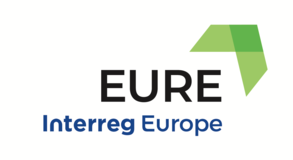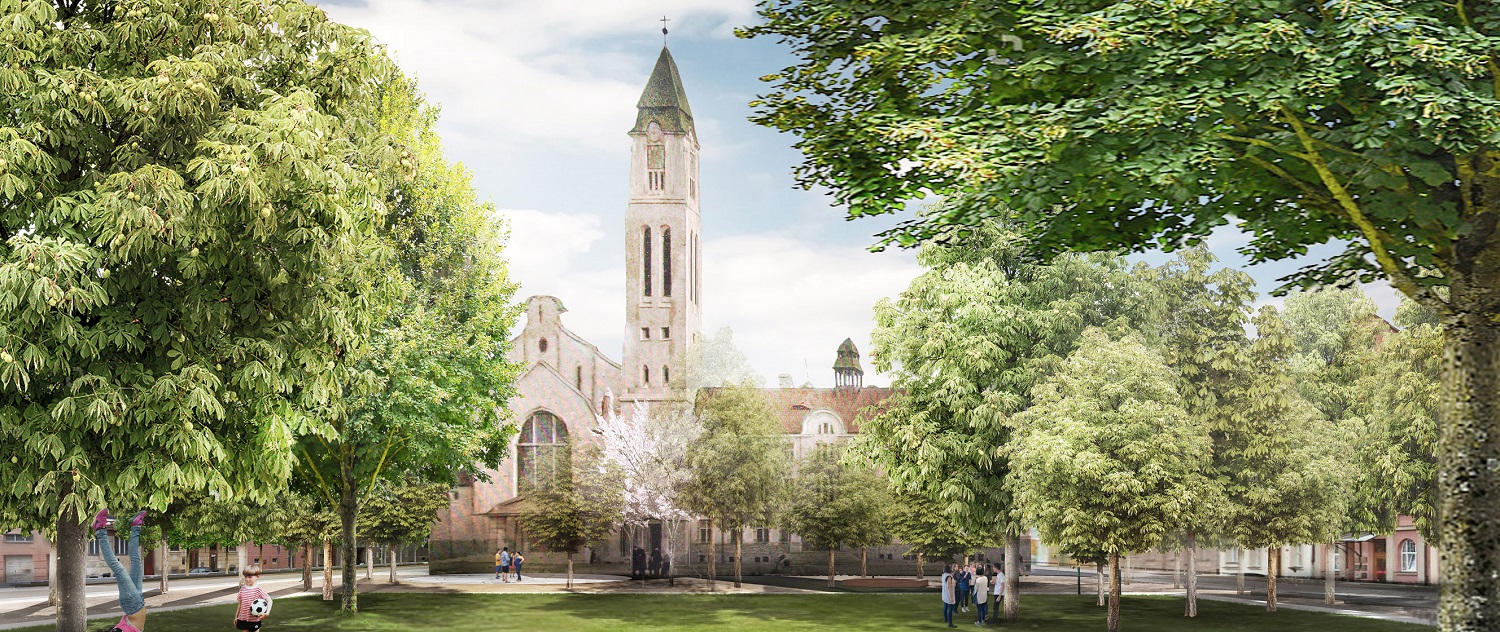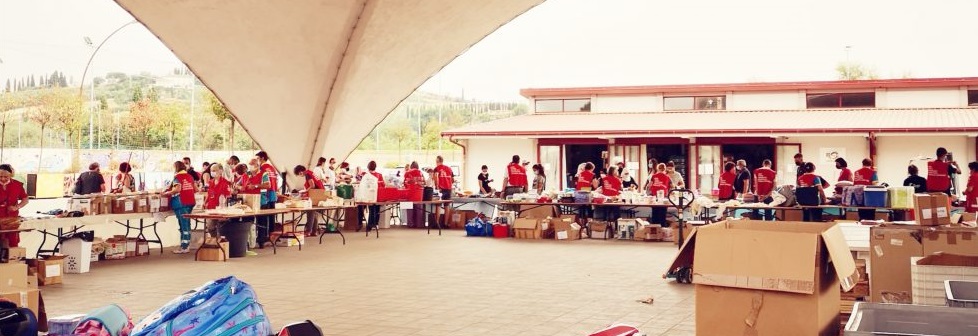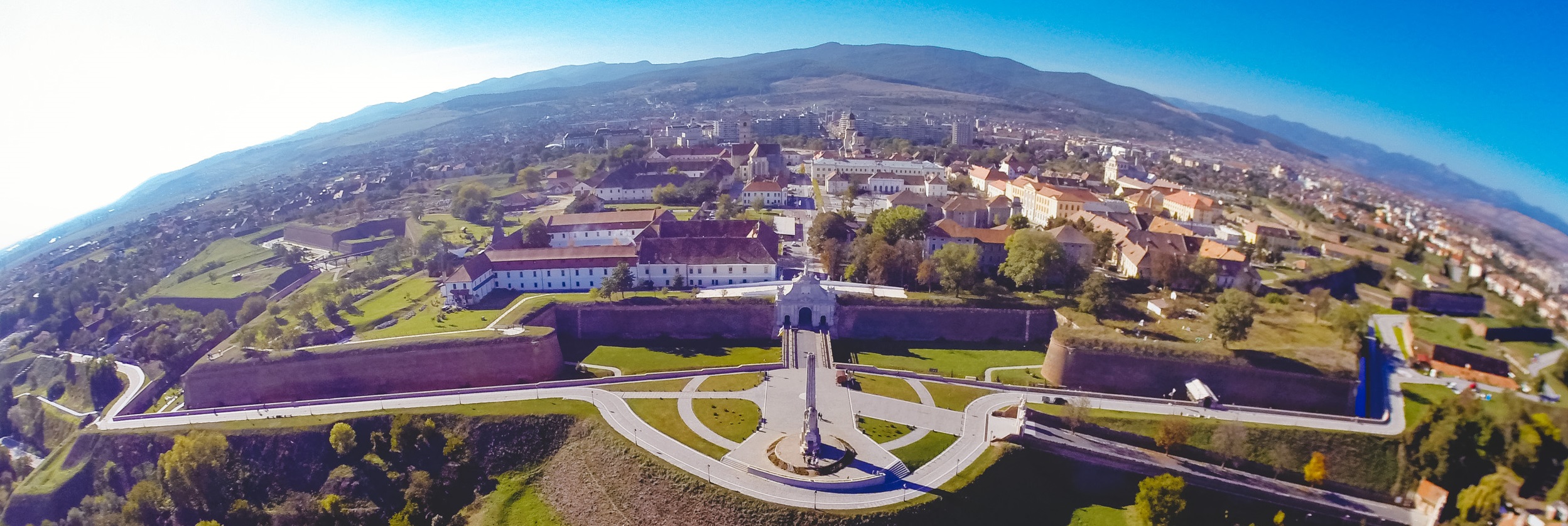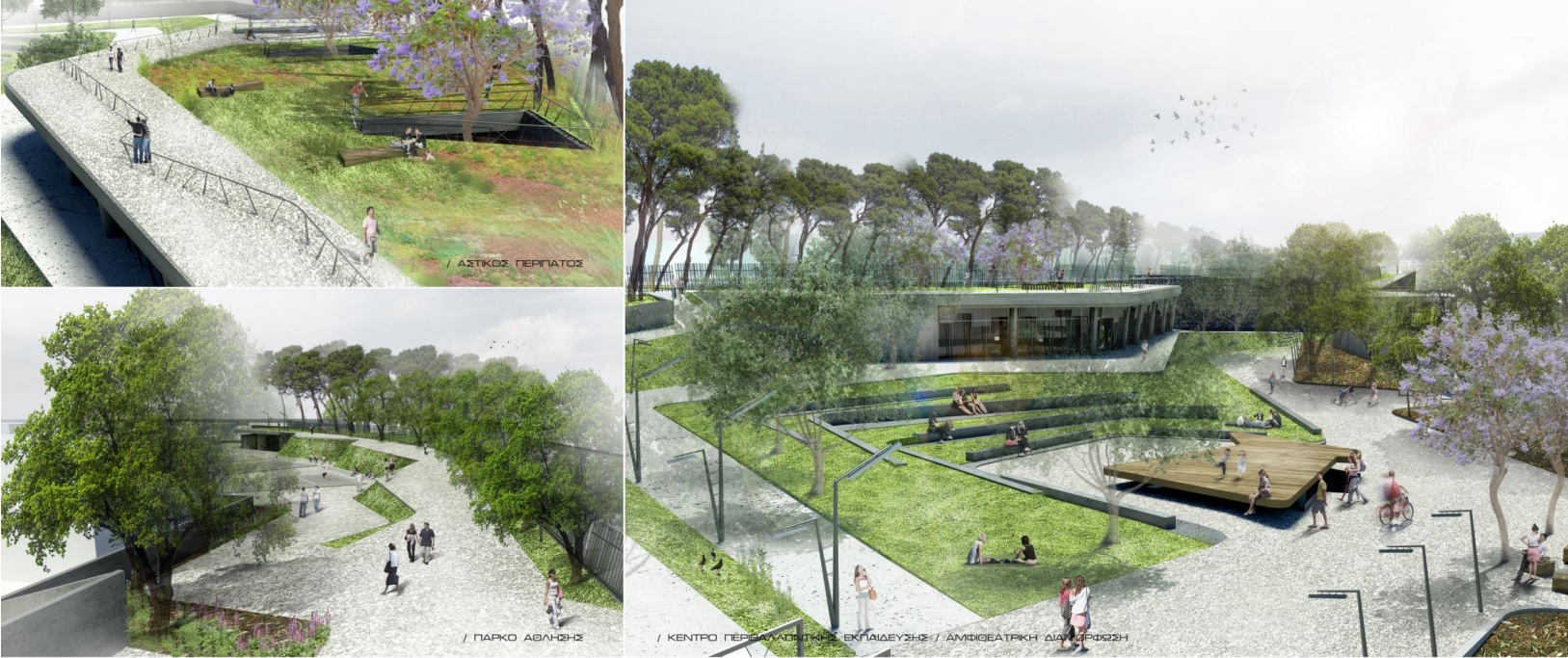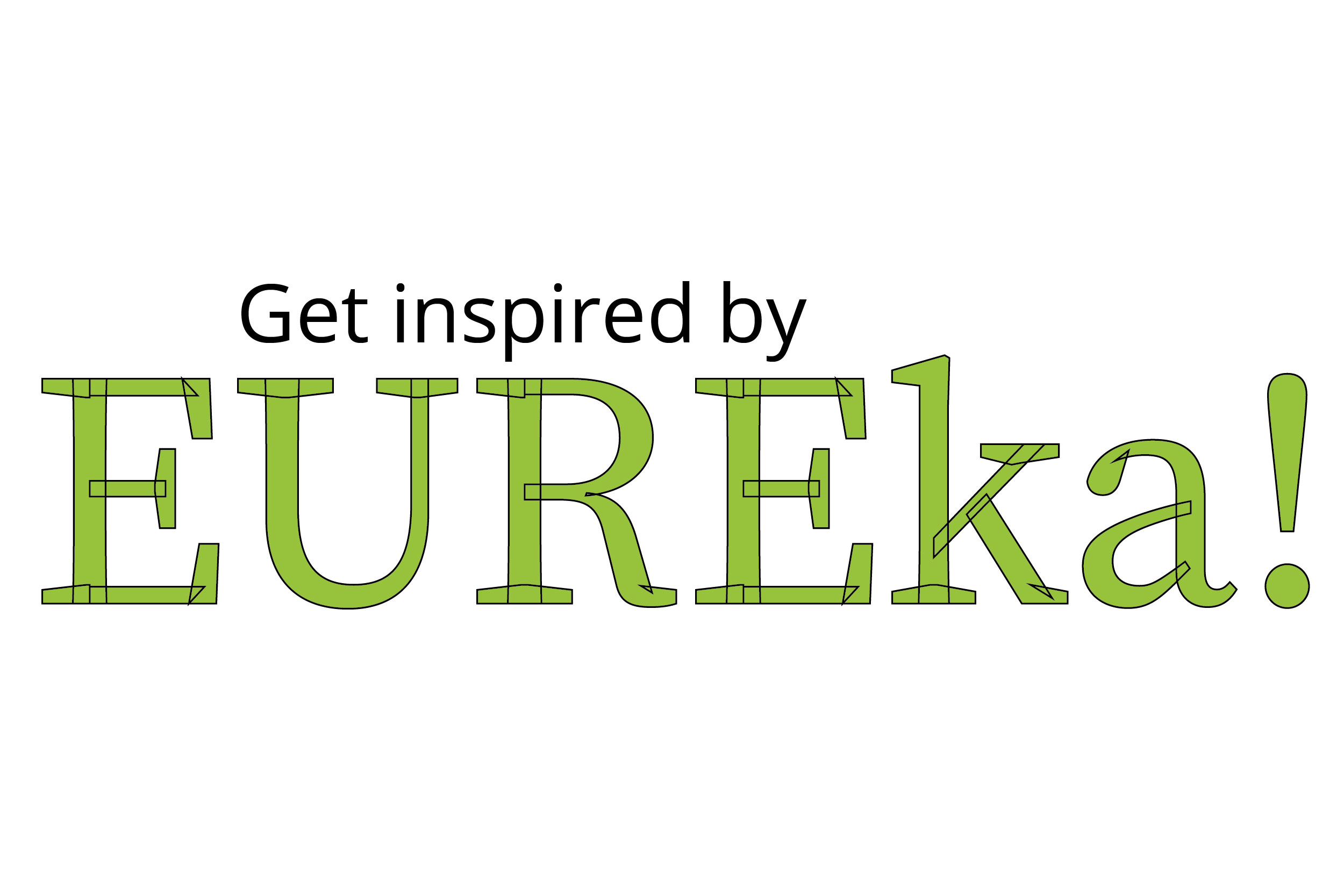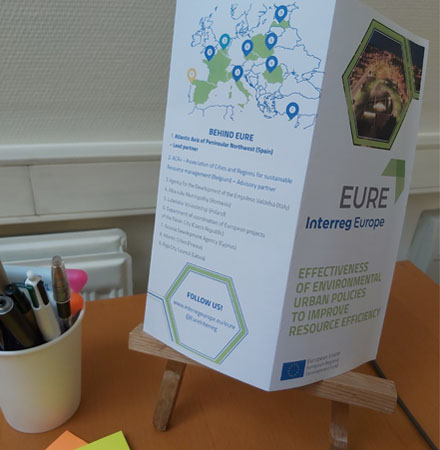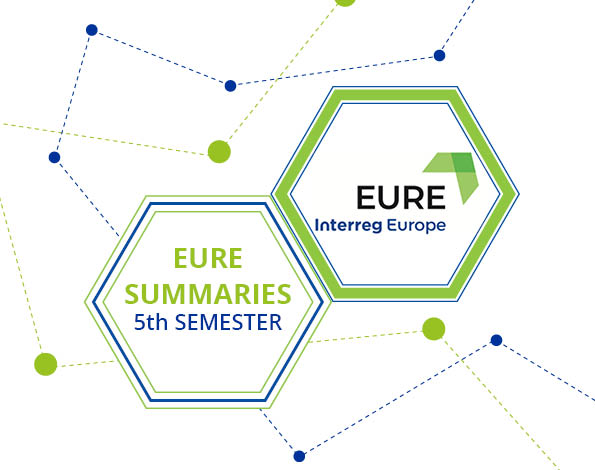The emergence of digital and connected solutions provides a new way to improve urban environment monitoring and management. Operationally, cities need to acquire an urban data platform (UDP) so as to identify, collect and visualise environmental data for a better decision-making. Hence, smart cities cut horizontally across verticals, bringing cross-silo data virtually together in only one platform.
Market and motives
The urban data platforms market uptake is slightly new. According to a recent European survey, 80% of surveyed cities were developing a platform and roughly half including external data.
50% of surveyed cities have clear ambitions to set up a citywide platform supporting multiple services. Their principal motives are more internal and environmental monitoring is not yet a real priority .
Cities are undeniably the orchestrators, responsible for the development of the platform and its governance. Actually, they are the main contributors and users of urban data, focusing primarily on mobility, environment and energy domains. In order to leverage this solution, cities need to foster boundary spanning and share knowledge and goals through its overall departments. Indeed, a lack of sufficient collaboration across silos could hinder the transition towards sustainability.
A few key success factors are generally pointed out to encourage the shift: trust and collaboration, open standards and protocols as well as subsidies and grants.
Open standards and protocols
Developed by corporations or start-ups, a majority of solutions are proprietary based or designed on-demand, with a risk respectively of vendor and city lock-in. Moreover, they are sometimes dedicated to one particular use case. All these reasons prevent the market from scaling up.
To tackle these challenges, public-private initiatives came up in Europe to support the development of open-source and more integrated platforms by the industry.
It promotes the Minimal interoperability mechanisms (MIMs), a realisation of the Open & Agile Smart Cities (OASC). Vendor-neutral and technology-agnostic, they can be implemented by anyone in existing systems, fostering sustainable, scalable and efficient digital services deployment in cities.
End of 2019, a new public-private alliance – the G20 Global Smart Cities Alliance on Technology Governance – was established to promote global norms and policy standards for the use of connected devices in smart cities.
In 2020, over 60 EU, national, regional and city leaders officially signed the “Join –Boost – Sustain Declaration on Up-scaling Digital Urban Solutions”, which is endorsed by the Urban agenda partnership on Digital transformation. It supports interoperable digital platforms based on open standards and technical specifications, application programming interfaces (APIs) and shared data models.
